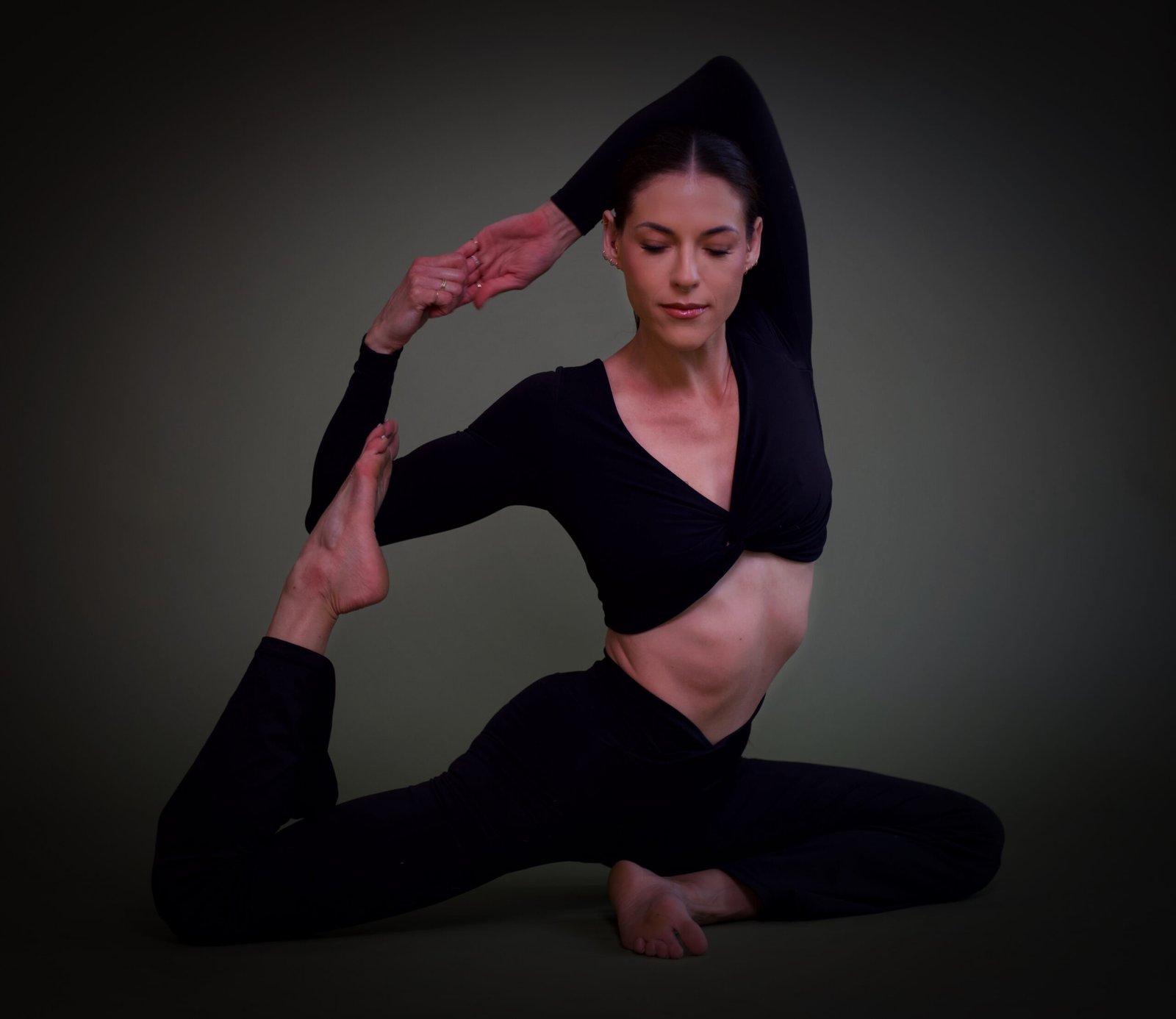
12 Benefits of Ashtanga Yoga: Build Strength, Focus & Discipline
Discipline as devotion.
Quick Summary
Ashtanga Yoga is a rigorous, structured practice that follows a set sequence of postures synchronized with breath. It builds extraordinary strength, cultivates unwavering discipline, and sharpens mental focus. Through daily repetition and the Tristhana method (posture, breath, gaze), Ashtanga transforms both body and mind—honoring ancient tradition while creating modern transformation.

Ashtanga Yoga is not for the faint of heart. It demands discipline, consistency, and commitment. But for those who answer its call, it offers something profound: transformation through devotion.
Following the same sequence every day might sound monotonous, but within that repetition lies freedom. You learn to observe your progress, to meet yourself where you are, and to discover that discipline isn't restriction—it's devotion in action.
Here are 12 powerful reasons why Ashtanga Yoga creates lasting transformation for those who commit to the practice.
Builds Strength from the Inside Out
Ashtanga's flowing sequences use body weight and breath to develop deep, functional strength—both physical and mental—that serves you on and off the mat.
Creates Consistency and Discipline
Following the same sequence daily fosters commitment, focus, and steady progress—teaching you that showing up is half the practice.
Improves Flexibility and Mobility
Repetition of postures allows the body to open safely over time, cultivating lasting flexibility without force or rushing the process.
Enhances Cardiovascular Endurance
Linked movement and breath (vinyasa) generate internal heat—supporting circulation, stamina, and vitality throughout your practice and daily life.
Develops Mindful Breath Control (Ujjayi Pranayama)
Each pose is guided by the breath, teaching you to stay calm and centered even in challenge—a skill that transforms how you handle stress.
Refines Focus Through the Tristhana Method
Ashtanga integrates asana (posture), pranayama (breath), and drishti (gaze)—uniting body, breath, and mind in single-pointed awareness.
Detoxifies the Body Naturally
The heat created by breath and movement helps release toxins through sweat, leaving the body cleansed, energized, and revitalized.
Strengthens Core and Stability
Continuous transitions and balance poses engage the entire body—especially the core—enhancing posture, steadiness, and inner strength.
Sharpens Concentration and Mental Resilience
The repetition of a set sequence trains the mind to stay present, even when the body is challenged or distracted—building true mental fortitude.
Supports Emotional Clarity
The structured, meditative nature of the practice provides an outlet for stress and emotion, fostering calm and self-awareness.
Encourages Self-Practice and Independence
Once learned, Ashtanga can be practiced anywhere—empowering you to take ownership of your progress and deepen your connection to yoga.
Connects You to Tradition
Passed down through teacher–student lineage, Ashtanga honors yoga's classical roots while offering a transformative path for modern practitioners.
Quick Reference Guide
Want to Learn More About Ashtanga Yoga?
Dive deeper into the history, philosophy, and practice of Ashtanga Yoga with our comprehensive guide.
Read the Complete Ashtanga Yoga Style Guide →Common Questions About Ashtanga Yoga
Ashtanga can be practiced by beginners, but it's physically demanding. Many studios offer modified or beginner-friendly Ashtanga classes. The set sequence means you can learn at your own pace and track your progress clearly over time. Start where you are and be patient with yourself.
Traditional Ashtanga practitioners practice six days a week, resting on moon days and Saturdays. However, beginners often start with 2-3 times per week. Consistency matters more than frequency—find a rhythm you can sustain and build from there.
Ashtanga follows a set sequence of postures, uses Ujjayi breath throughout, and incorporates the Tristhana method (posture, breath, and gaze point). It's more structured and physically demanding than most other styles, emphasizing discipline, tradition, and the transformative power of daily practice.
Ready to Commit to Your Practice?
Find experienced Ashtanga Yoga teachers and studios near you. Browse verified classes, read reviews, and begin your journey with confidence.
Find Classes Near You →Subscribe To Our Newsletter
Get updates and learn from the best
More To Explore
The Bar Method Clayton Valley
Discover the transformative yoga experience at Kai Yoga, located in San Diego, California. This studio offers a welcoming environment for all levels, helping you find
HOTWORX – Clovis, CA – Willow Station
Discover the transformative yoga experience at CorePower Yoga – La Jolla, located in San Diego, California. This studio offers a welcoming environment for all levels,